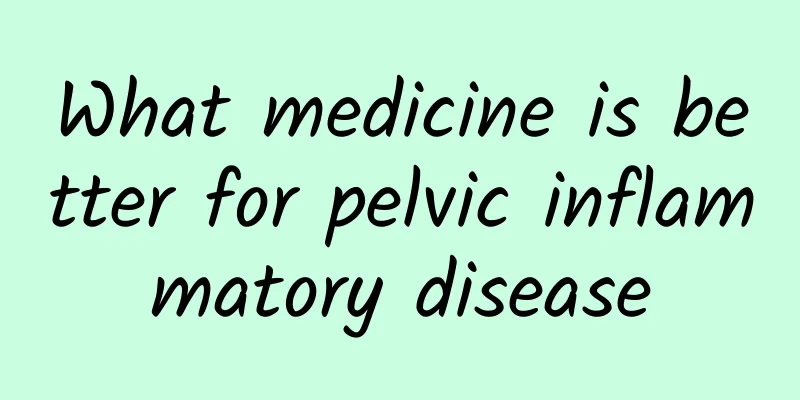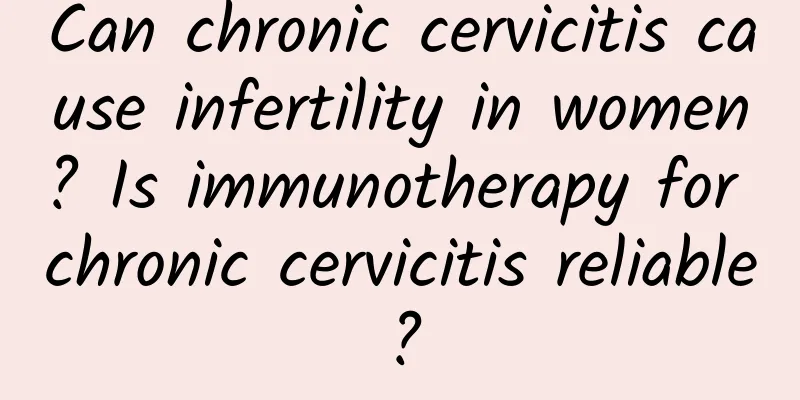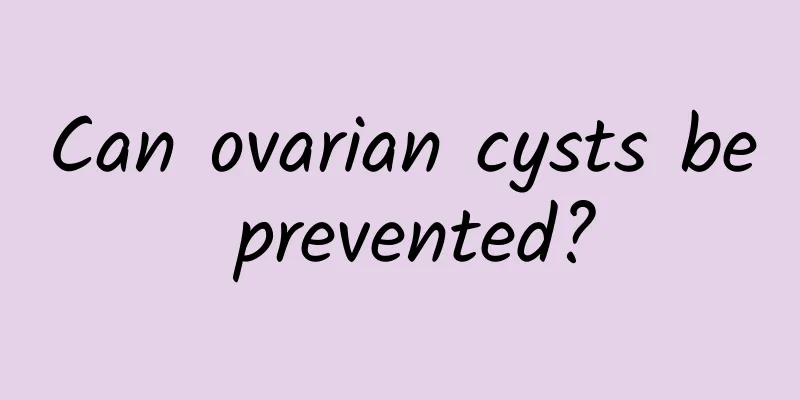What medicine is better for pelvic inflammatory disease

|
What medicine is effective for pelvic inflammatory disease? Pelvic inflammatory disease, as the name suggests, refers to the inflammation of the female reproductive organs, the connective tissue around the uterus and the pelvic peritoneum. It is clinically divided into acute pelvic inflammatory disease and chronic pelvic inflammatory disease. The incidence of this disease is not very high because the female reproductive system has a natural defense function. So, what medicine is effective for pelvic inflammatory disease? (A) Acute pelvic inflammatory disease 1. Antibiotics: It is advisable to use drugs in combination, and it is best to select drugs based on bacterial culture and drug sensitivity tests. (1) Penicillin G: 2.4 to 10 million units per day, intravenous drip; after the condition improves, reduce to 800,000 to 1.6 million units per day, divided into several intramuscular injections. (2) Erythromycin: 1-1.5 g per day, intravenous drip, plus kanamycin 0.5 g, twice a day, intramuscular injection. (3) Gentamycin: 160,000 to 320,000 units per day, intravenous drip or intramuscular injection in 2 to 3 times. (4) Lincomycin: 0.3-0.6 g each time, 3 times a day, intramuscular injection. (5) Clindamycin: 0.6 g each time, intravenous drip, once every 6 hours. After the body temperature returns to normal, switch to oral administration, 0.3 g each time, once every 6 hours. 2. Provide adequate nutrition and fluid intake to correct electrolyte imbalance and acid-base imbalance. (ii) Chronic pelvic inflammatory disease While using antibiotics, 5 mg of α-chymotrypsin or 1500 units of hyaluronic acid can be injected intramuscularly every other day, with 10 injections as a course of treatment. Antibiotics can also be used together with prednisone, 5 mg of prednisone, taken orally 3 times a day, and the dosage should be gradually reduced after stopping the drug. When a female friend finds out that she has pelvic inflammatory disease, she needs to seek treatment immediately. Timely treatment of pelvic inflammatory disease can effectively reduce the impact of pelvic inflammatory disease on women, allowing women to get rid of the troubles of pelvic inflammatory disease and other gynecological diseases as soon as possible. There are many drugs for treating pelvic inflammatory disease, and patients must use them with the consent of a doctor and cannot use them on their own. |
<<: How to choose a hospital for uterine fibroids
>>: What is the medical treatment for pelvic inflammatory disease?
Recommend
What's wrong with only light brown discharge during menstruation?
What's wrong with only light brown discharge ...
Is vaginal discharge abnormal?
Vaginal candidiasis can cause abnormal vaginal di...
The first choice hospital for hyperprolactinemia
Hyperprolactinemia is mainly transmitted through ...
How does vaginal inflammation develop?
How does vaginal inflammation develop? Vaginitis ...
What should pregnant women with cervical warts pay attention to?
Cervical warts are a common sexually transmitted ...
What are the classifications of adenomyosis?
Adenomyosis is a common disease among modern wome...
Why do women suffer from uterine fibroids? What causes uterine fibroids in women?
In life, many female friends don't know why t...
The World Championship Jiu-Jitsu team doctor shared: athletes' sports injury medication taboos, and experience in regaining weight after losing weight
Competition is fierce among athletes in internati...
What are the symptoms of cervicitis
Cervicitis is a common gynecological disease with...
What are the symptoms of uterine septate? What should I do if I have uterine septate?
Uterine septum is caused by obstruction of the fu...
Abdominal pain is one of the main clinical manifestations of chronic adnexitis.
Chronic adnexitis often leads to infection and in...
Nursing care for pregnant women with threatened abortion
Care for pregnant women with threatened miscarria...
What to do if you have premature ovarian failure at the age of 19
What should I do if I have premature ovarian fail...
What tests can be done to diagnose Bartholinitis?
Bartholinitis is caused by inflammation of the Ba...
Which hospital is better for treating cervical warts?
Cervical warts are mainly transmitted through sex...









